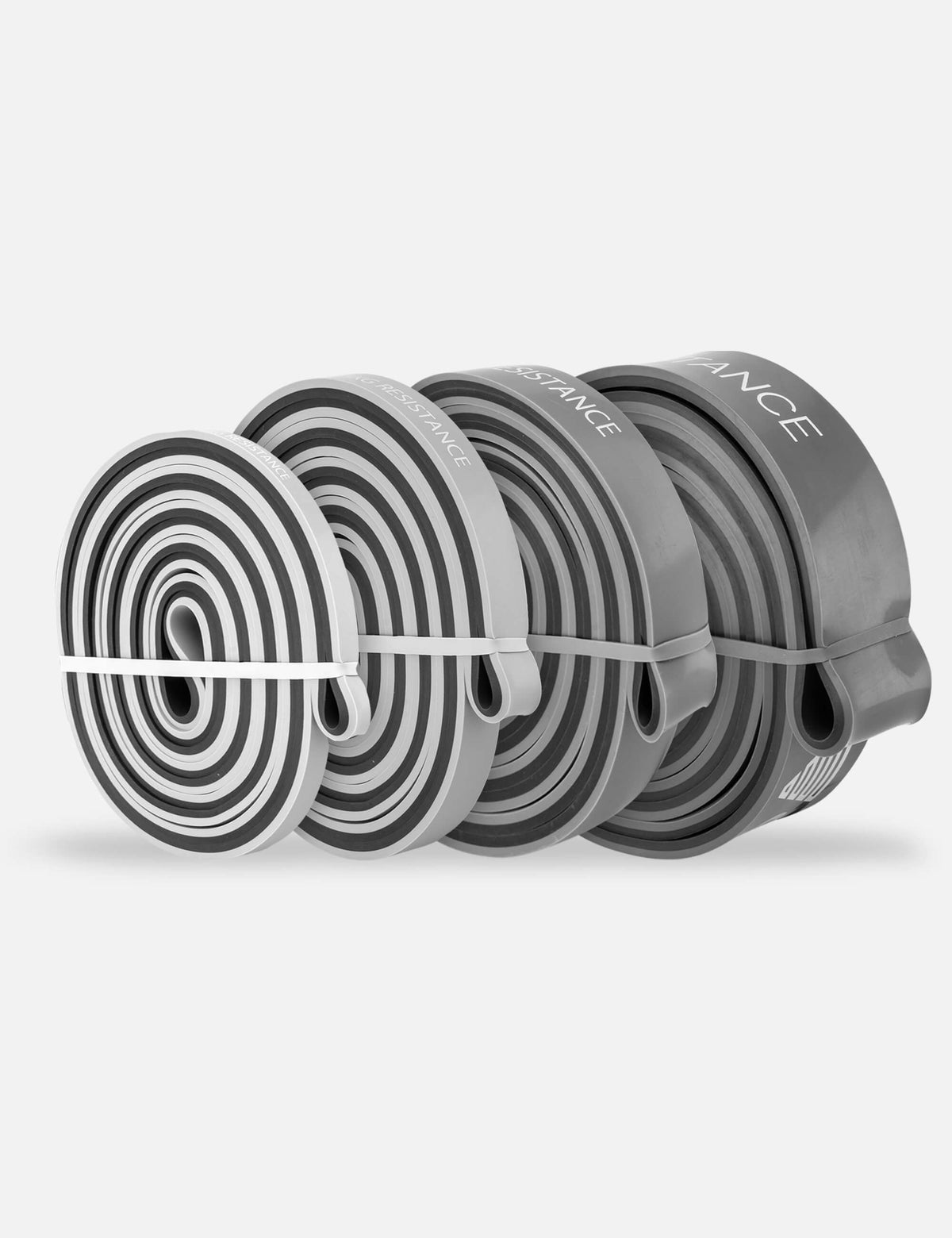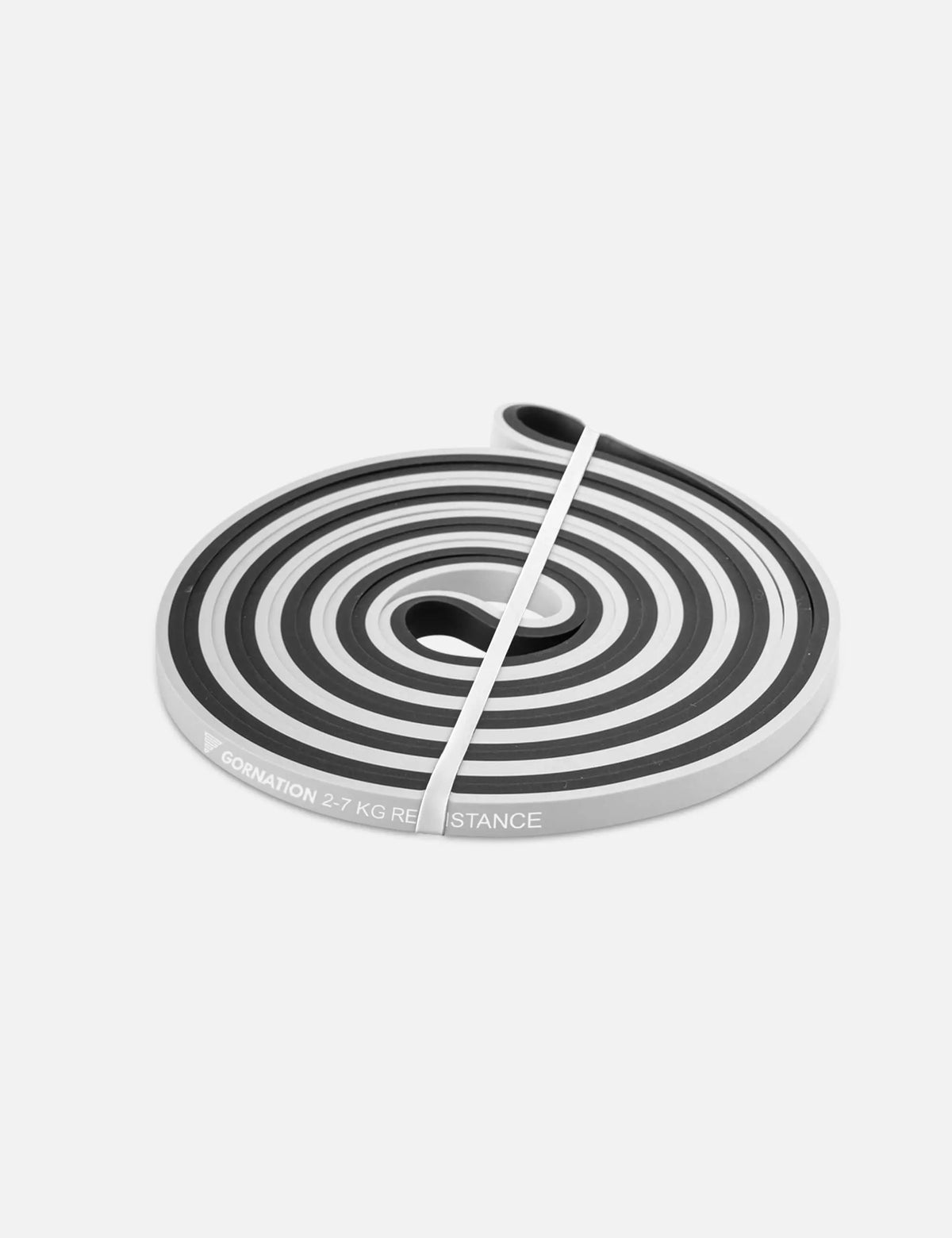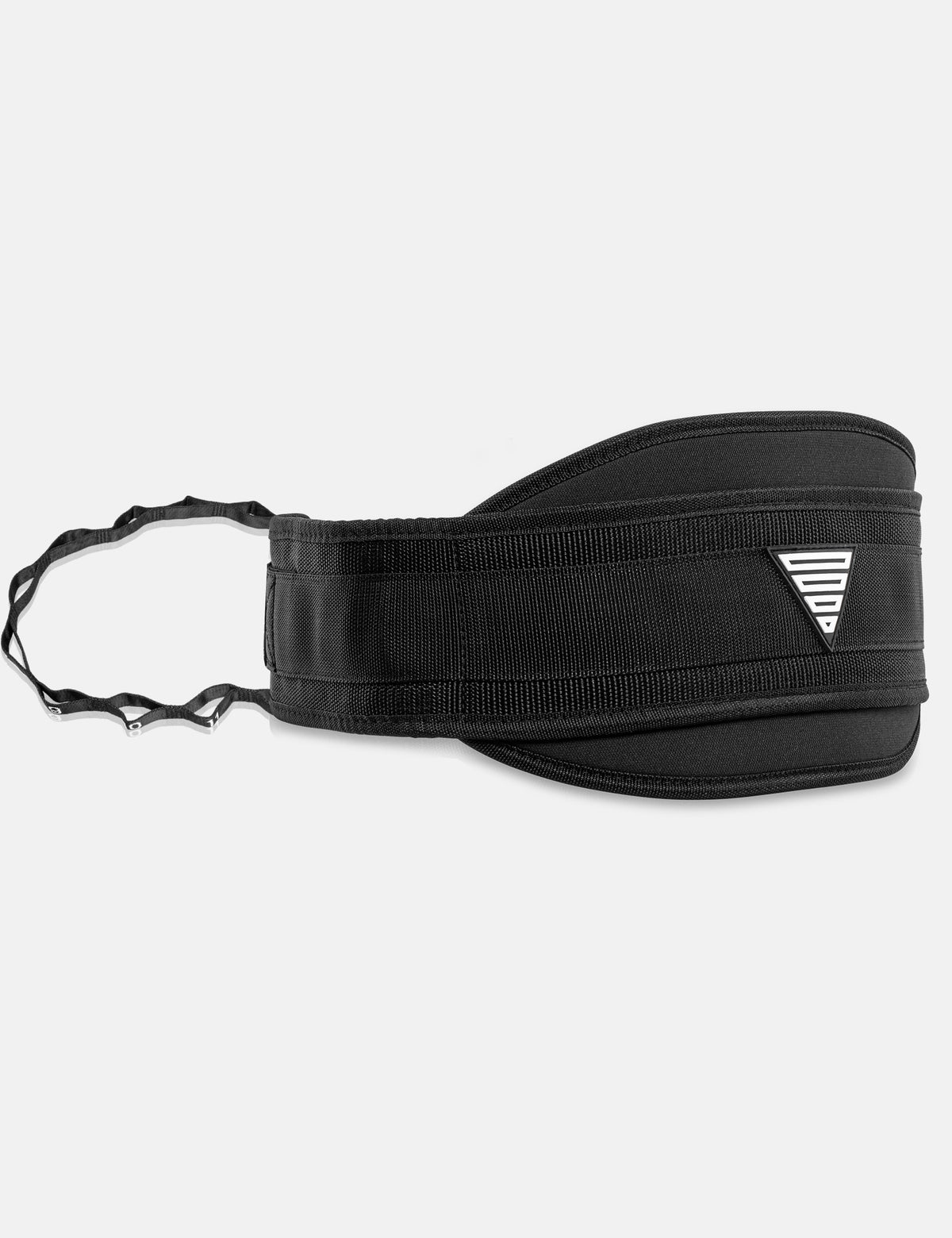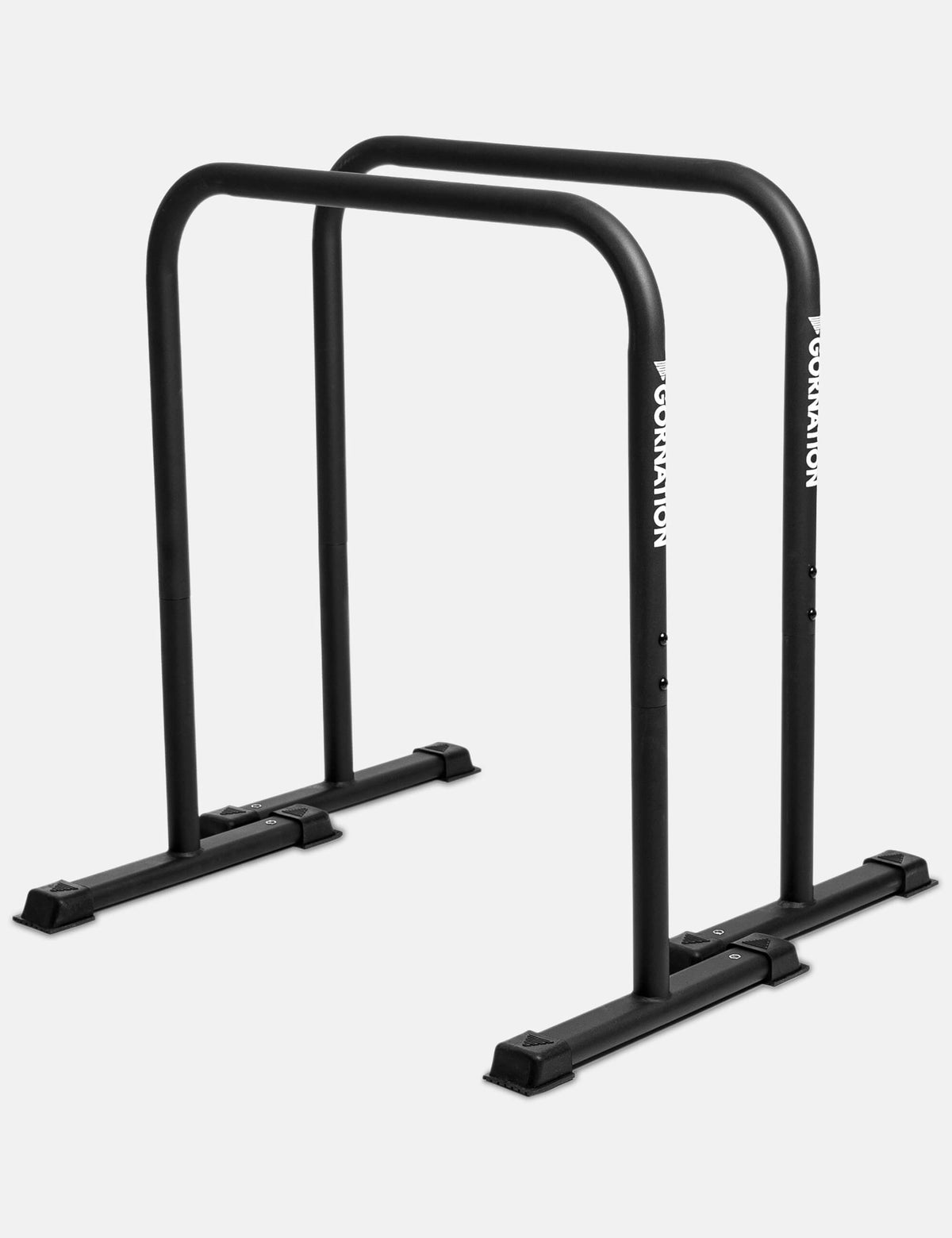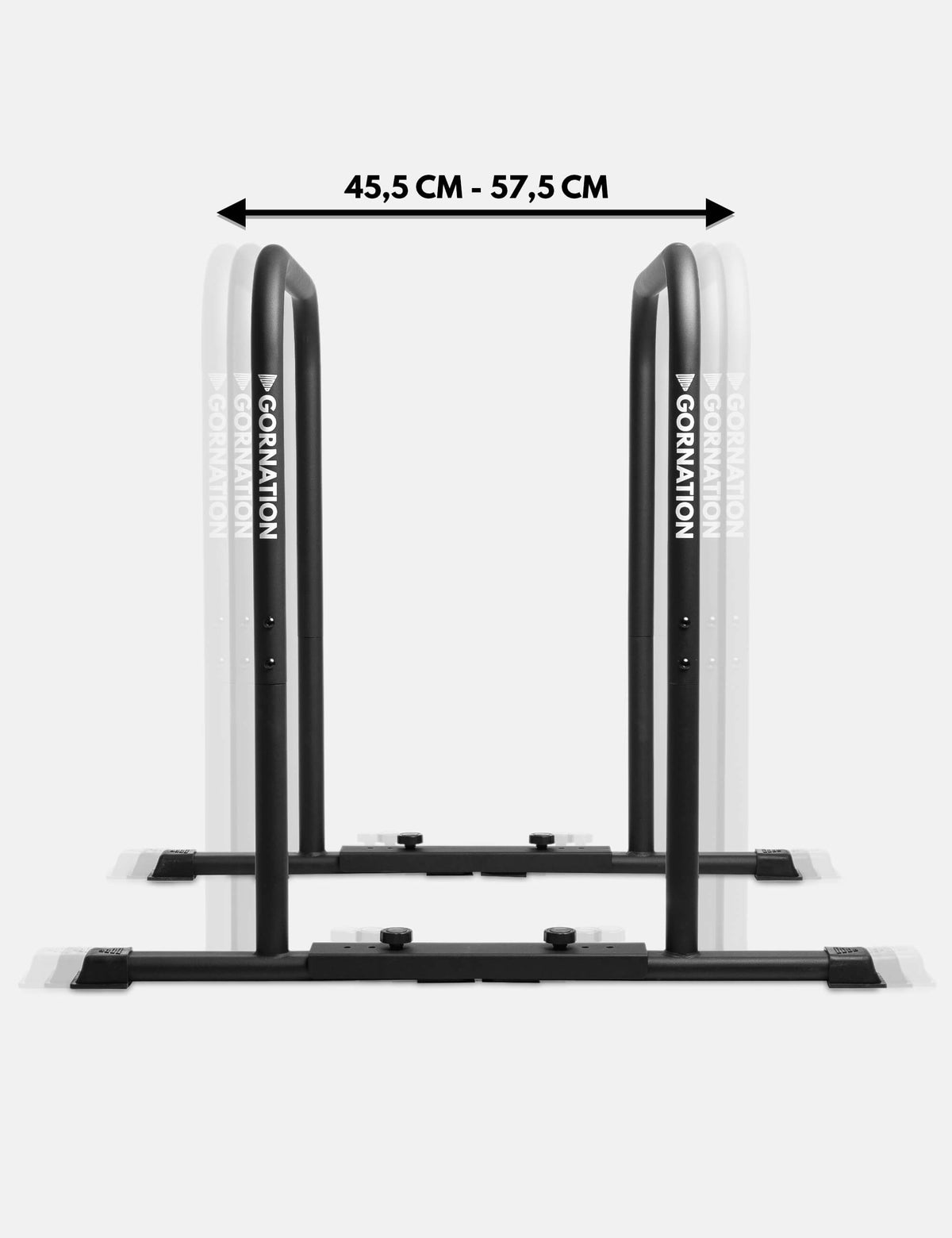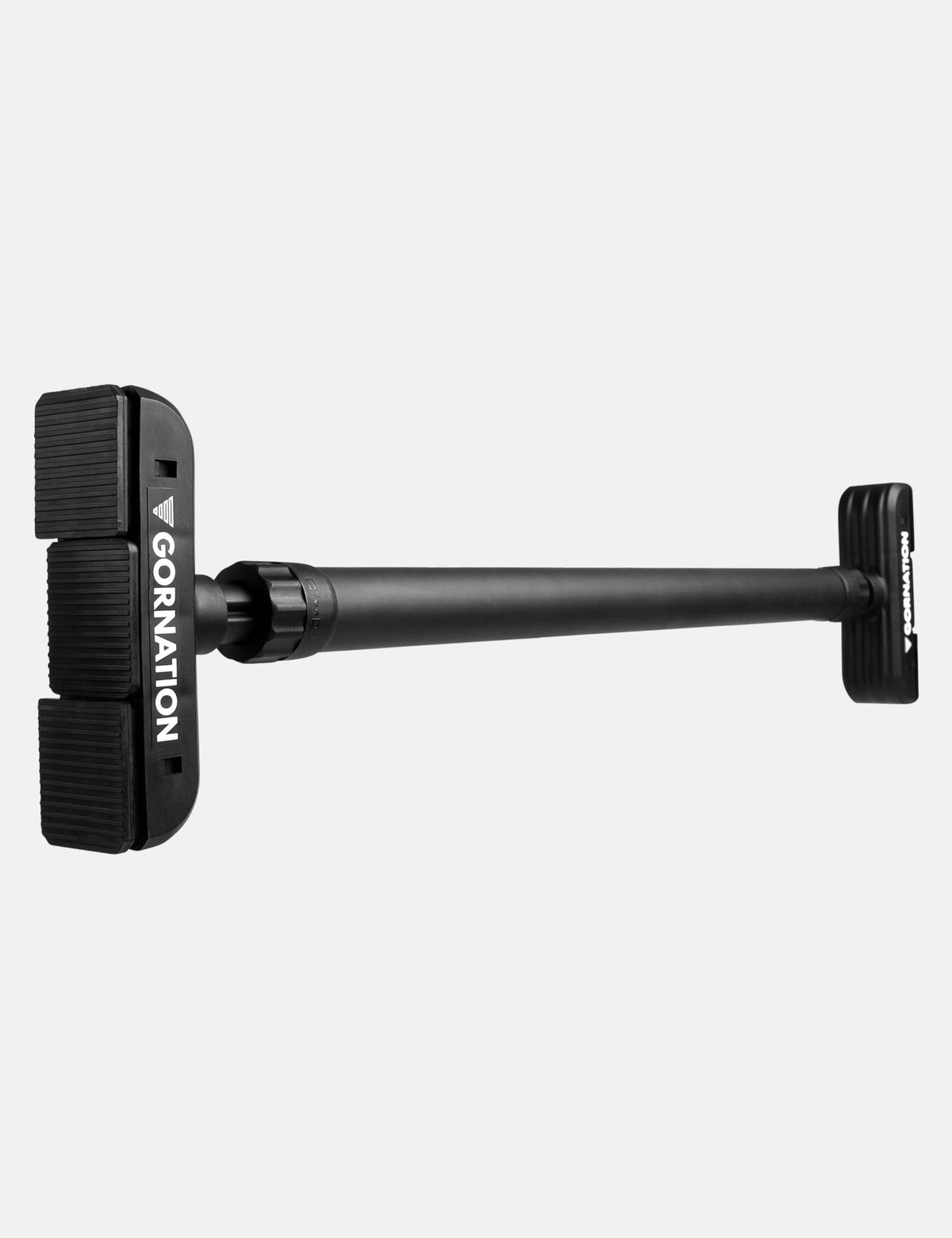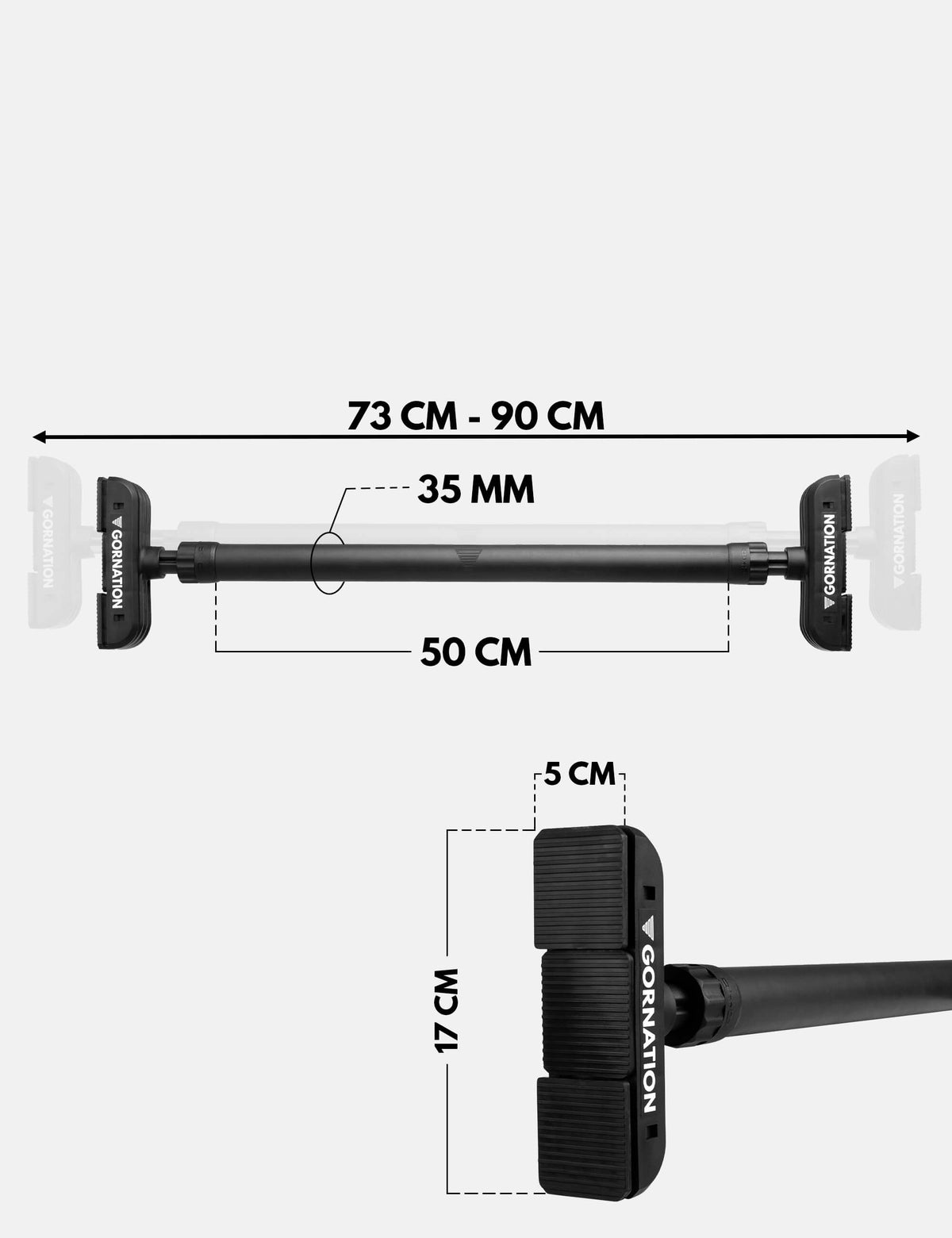How to do the exercise
The Press to Handstand is an advanced calisthenics skills. It requires strength, balance, and excellent mobility to lift your legs into a controlled handstand from a pike position. Here’s how to perform the Press to Handstand step by step:
1. Starting Position
Begin in a pike position with straight arms, hands shoulder-width apart on the floor or Parallettes. Keep your legs together, knees extended, and shift your weight forward onto your shoulders while maintaining strong core tension.
2. Leg Lift
Engage your core and hip flexors to lift your legs upward in a smooth motion. Instead of jumping, focus on leaning forward and pulling the legs up in a controlled arc. Keep your arms locked and shoulders active throughout.
3. Transition to Handstand
Once your legs pass hip height, activate your glutes and lower back to guide them toward vertical. Maintain straight body alignment, pushing strongly through your shoulders while keeping control over balance and breathing.
4. Stabilize and Repeat
Reach a stable handstand position with locked arms, engaged core, and pointed toes. Hold the position for a few seconds before lowering with control. Repeat for the desired number of reps, focusing on clean execution.
Recommended Equipment for Press to Handstand
Benefits of the exercise
The Press to Handstand is a complete skill for strength and control development:
-
Builds exceptional shoulder, core, and hip flexor strength
-
Improves balance, coordination, and full-body control
-
Enhances mobility in hips, hamstrings, and shoulders
-
Develops body tension and technique for other handstand variations
This makes it one of the most effective calisthenics skills for advanced athletes who want to master body control and functional strength.
Main muscles used
The Press to Handstand mainly targets:
-
Shoulders (Deltoids)
-
Core muscles (abs and obliques)
-
Hip flexors
-
Glutes & hamstrings (for controlled leg lift)
By practicing the controlled press, you build balanced strength and develop the mobility needed for advanced handstand variations.
If you're looking for other handstand exercises, check out our Youtube video:
Mistakes to avoid
Common mistakes when performing the Press to Handstand include:
-
Jumping into the position: This reduces control and prevents true strength development. Focus on pressing only.
-
Rounding the back too much: Keep your spine elongated and controlled during the lift.
-
Insufficient mobility: Tight hamstrings or shoulders limit your range. Work on flexibility alongside strength.
-
Not engaging the core: Weak core tension leads to loss of balance and arching.
-
Collapsing wrists or shoulders: Always push through your hands and keep shoulders active to protect your joints.
Progress slowly, focusing on clean execution, and combine strength with mobility work to achieve a controlled Press to Handstand.
Discover more Exercises
Looking for more ways to level up your training? Check out our full exercise overview or try these effective exercises that perfectly complement your training:
Please read our legal disclaimer before starting your workout.
 | 5.000+ Reviews
| 5.000+ Reviews
 Free EU Shipping above 100€*
Free EU Shipping above 100€*
 Worldwide Tracked Shipping
Worldwide Tracked Shipping






